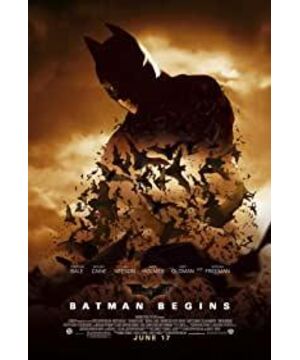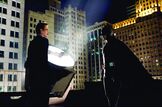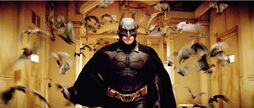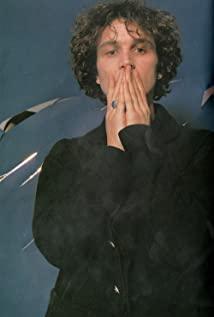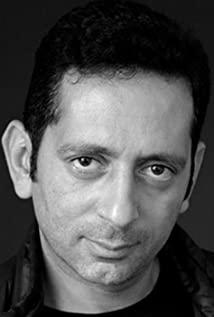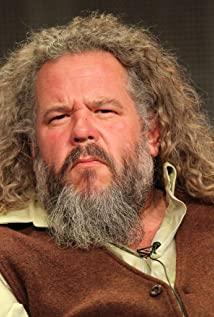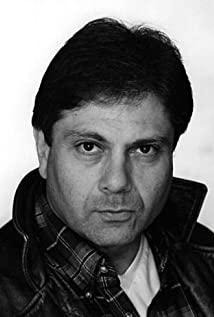Childhood: The
first time Bruce felt the deepest fear in human nature (Fear) was when he fell into a cave and was frightened by a bat. Later, because of his own fear (Fear), his parents were killed by Qi Li (a tramp). As a child, Bruce planted fear (Fear), guilt, regret, and self-blame on the representative object of bats.
The most important thing is what Bruce's father said after Mo fell: Why did we fall? Only in this way can you learn to stand up. This is the soul of this movie.
Youth:
Bruce’s mentality at the time, or his understanding of justice: if there is revenge, murder pays for life (this is also a way of looking at justice in today’s society, just as the death penalty that has always been discussed should be abolished) . And his biggest pain is that he can't kill the Qili (a tramp) who shot his parents by himself.
Juvenile Rachel’s understanding of Justice: The killing of Qi Li (the tramp) was not just for justice, but for revenge. The purpose of justice is to maintain social harmony, and revenge is only for the sake of quickness. That's why the judicial system exists.
Rachel’s logic of the murder of Bruce’s parents: Falco (the boss of the gangster) made people’s living environment worse, and more people were forced to become villains (such as the murderer Qili). This is really the result of such an environment. Bruce's parents were killed, and Falco (the gang boss) was the indirect and fundamental cause of this killing.
Run away:
Bruce sees Falco (the gang boss), he thinks he understands justice and no longer fears evil forces. But then he realized that he didn't understand what evil is, why a person can be bad, and how bad a person can be, so he ran away. Here he also understood that people will change due to the environment and cannot distinguish between good and evil. But so far he has not changed, and at the same time he hates the bad guys and uses this hate to overcome fear.
Period of learning forbearance:
"What you are really afraid of is your own heart. You are afraid of your own power and that your inner anger will force you to do great or terrible things." This sentence tells the difference between Bruce and Master Ninja. road.
From Bruce's refusal to kill the murderer, he can see his second understanding of Justice: he is no longer the boy he was. He believes that justice is not revenge, it is harmony, and it is changing the environment. Let everyone dare not do evil, but he does not rule and adjudicate evil.
"I am not an executioner"
"The enemy will not show mercy to you"
"This is the point, this is the difference between me and them"
The logic behind this dialogue: As one of the logics of abolition of the death penalty-murderers and murderers, do not kill Everyone should kill everybody. The killing of murderers by public power is also equivalent to the murder logic of murderers.
Return:
Bruce uses forgiveness (forgiveness is not equivalent to impunity, but non-homomorphic revenge, which is a different kind of justice), in the cave, in the concrete and abstract bat colony, and defeated Fear and bats. everything. Stand up again.
Goodbye to the Bruce Family:
Master Ninja's understanding of Justice: Justice is homomorphic revenge that must be avenged, and it is corruption to the extreme.
After the mansion was destroyed, the old servant for many years once again talked about what Bruce's father said: Why did we fall? Only in this way can you learn to stand up.
Naros Island:
This is the sublimation of the last collective feast.
All human beings cannot move forward, fight each other, and fight because of fear (Fear).
There are two ways for people to overcome Fear: 1) like the master ninja with hate to overcome; 2) like Bruce with forgiveness to defeat the
final claim: forgiveness! ! !
"I never said thank you."
"And you'll never have to"
This is not your justice or my justice, it belongs to everyone, each other...no one needs to thank anyone, because it's all common.
View more about Batman Begins reviews


